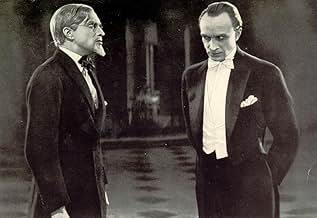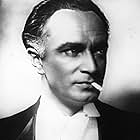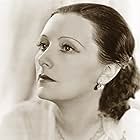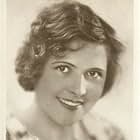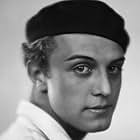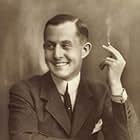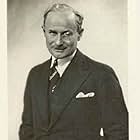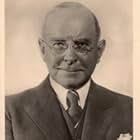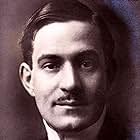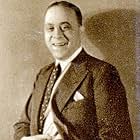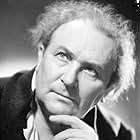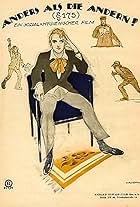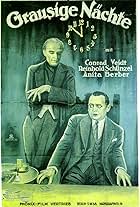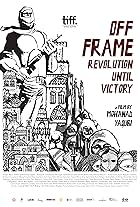After "Eifersucht" (1925), a film also reviewed mercilessly by this German Count, Herr Karl Grune directed "Die Brüder Schellenberg", his first film to be produced by the Germany's greatest film company, "UFA". It's a film version of Herr Kellermmann's eponymous novel, was an important big-budget production and was one of the most successful movies of that silent year.
"Die Brüder Schellenberg" depicts the story of two brothers, Michael and Wenzel, both portrayed by Herr Conrad Veidt, who work at the Raucheisen Steel and Gas company. Michael is a secretary and the other is a head of the central plant. When an explosion in the factory takes the lives of 100 people, both brothers will begin different lives. Michael creates a center for needy people and Wenzel becomes a successful stock exchange speculator.
Most of the film is focused on the ambitious Wenzel, obviously because evil people are more interesting than the dull ones. In this way we can see in the film Wenzel's life full of luxury and parties instead of Michael's thrilling works for the poor people.
The film is an urban drama and that's one of the most interesting aspects of the oeuvre; the film shows those complicated and hazardous days in Germany dealing with huge economic crises and millions of people unemployed. So, the story of the Schellenberg brothers is a kind of reflection of the paradox of the early 20's in Germany and the different ways to subsist and face up to those times. Wenzel is an unscrupulous man and Michael is idealistic.
In parallel to this, there is a love triangle in the film that reflects the same tale from a feminine perspective. It involves Wenzel (obviously Michael has no time for such trifle love matters
), Dame Esther Raucheisen (Lil Dagover), daughter of Wenzel's former boss, a capricious woman who has everything in life, and Dame Jenny Florian (Liane Haid), an ordinary girl who sees in Wenzel's love, her passport to a new and safe life.
The film is resolves its technical aspects especially when both brothers appear at the same time on the screen. Additionally the scenery and that decor so important in a UFA film production are present. It's typical of that German company that always had a particular and artistic concern to show German social reality, in a subtle or else over-realistic way.
And now, if you'll allow me, I must temporarily take my leave because this German Count has an appointment at half-passed Veidt.
Herr Graf Ferdinand Von Galitzien http://ferdinandvongalitzien.blogspot.com/


